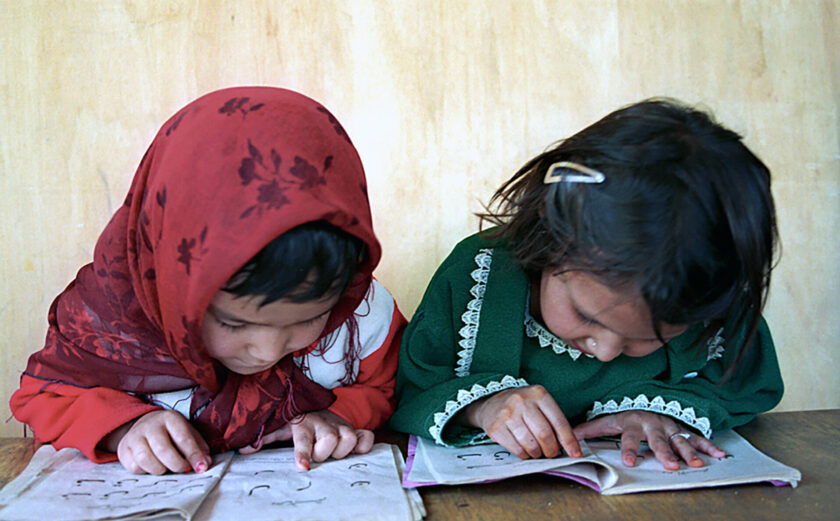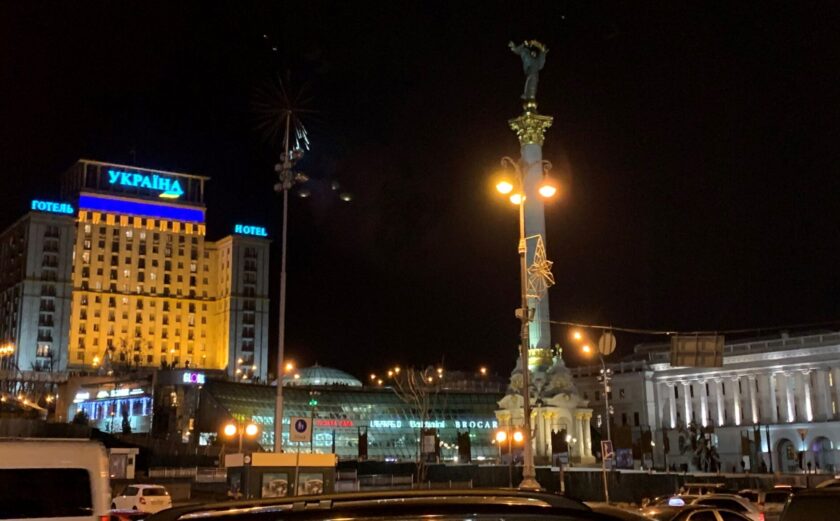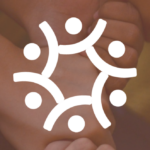
To Celebrate International Day of Democracy, Remember Strengthening Democracy Requires Civic Action
As we observe the International Day of Democracy, we recognize that citizen-responsive governments provide economic prosperity, improve social well-being, protect minorities and vulnerable populations, among other impactful benefits. Yet, a casual observer of global politics might be quick to say that democracy is in poor health.
In Europe, economic hardships and an influx of refugees has challenged communities and strained government institutions, resulting in backlash and exclusion of migrants and others seeking safety. In Latin America, corruption is eroding the public’s faith in government. Globally, nationalistic rhetoric and moves toward authoritarianism has led to restriction on civil society—a key component of any democracy.
Here in the United States, the frailty of democracy is evident. Political leaders routinely attack journalism while foreign influences infiltrate social media creating distrust and skepticism within American society. Distinguishing fact from fiction has become increasingly difficult and people don’t know where to get reliable information on events unfolding around them Issues of race, sexism, and anti-immigration remain hotly contested without any clear, uniting paths forward. Furthermore, Americans are less willing to compromise, steadfast in their opinions, and less willing to listen to opposing views. U.S. politics has become increasingly polarized, resulting in widening political differences between opposing candidates and eschewing moderate leadership choices. Such glaring problems have frustrated voters and weakened their desire to participate in crucial democratic processes.
Even with such obstacles, U.S. citizens remain hopeful and continue to support democracy both at home and abroad. A June 2018 report released by the Democracy Project revealed that 60 percent of Americans give a rank of ten out of ten in the importance of living in a democracy, even though 68 percent felt democracy is weakening. The U.S. citizen also supports democracy across the world—71 percent of respondents favor the U.S. government taking steps to support democracy and human rights in other countries.
The U.S. has played a historic role in supporting democracy, human rights, and good governance. It has in place efficient, innovative, and effective tools derived from decades of experience and effort, including creation of the National Endowment for Democracy in the 1980s, the support for new democracies after the fall of communism in the 1990s, the creation of the Millennium Challenge Corporation to help reform-minded nations in the 2000s, and policy support for civil society in the 2010s.
This work produces results and is in our nation’s best interest—like-minded governments help each other and provides economic and security partnerships. Democracy is an inherent American value and the preservation of human rights is a moral and ethical obligation. Investment in democracies prevents crises and conflicts and good governance provides stability and enriches the well-being of citizens.
The report also highlights that 78 percent of Americans either want financial support for democracy to increase or remain at current levels. Political landscapes are often fluid and require long-term strategies for sustainable solutions. Continued U.S. government commitment is necessary to build upon initial investment.
As the nation continues through a period of contention and unrest, U.S. citizens must be reminded that strengthening democracy requires civic action. It is the duty of citizens to be properly informed, deliberative, and respectful of opposing views. A strong, vibrant democracy encourages those abroad to seek democracy. While a fractured U.S. democracy only facilitates global distrust of governance and encourages authoritarianism. Most of all, we must vote as action speak louder than words.








